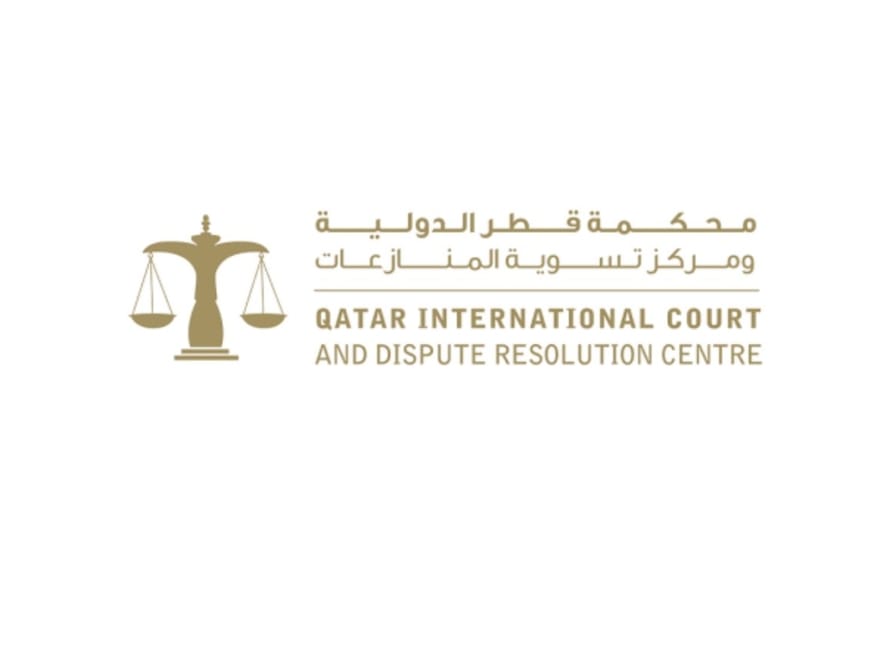By: Ashraf Feshawi – Partner
Aisha Al-Ammari – Of Counsel
Shadw Ibrahim – Legal Researcher
The crime of Failure to Execute is a significant topic in the new Judicial Enforcement Law (Law No. 4 of 2024), due to its direct impact on achieving justice and enforcing rights. The Judicial Enforcement Law addresses the crime of failure to execute and the concealment of assets subject to execution, as well as the refusal to deliver them. The legal provisions regulating this crime have undergone substantial and essential amendments, expanding and specifying on the nature of the crime and imposing more stringent penalties compared to those previously stipulated in the now-repealed Chapter Three of the Civil and Commercial Procedures Law No. 13 of 1990 (“CCPL”).
The act of hindering the execution of judgments and failing to comply with them poses a major challenge to the judicial system in achieving justice. Justice is not achieved merely by issuing a final judgment in favour of the claimant but is only fully realised upon the execution of that judgment. Failure to execute court judgments can lead to a loss of trust in the judicial system. Consequently, the Judicial Enforcement Law directly addresses this issue by making it a crime that necessitates the imposition of penalties to ensure the fair execution of judgments, as detailed in Chapter Seventeen of the law.
Article 105 of the Judicial Enforcement Law outlines the applicable penalties and the cases in which they are to be applied. One of the most notable amendments is the increase in the maximum imprisonment period for those committing these crimes, which has increased from three months as previously stipulated in the CCPL, to three years under the new law. This reflects the intention to intensify the penalties for this crime due to its impact on the administration of justice. Additionally, the new law introduces the possibility of imposing a fine of up to QAR 100,000, whereas the repealed provisions of the Civil and Commercial Procedures Law did not allow judges to impose fines. Both penalties may be applied simultaneously, which enhances the effectiveness as a deterrent. It is our view that these stringent amendments will help prevent procrastination in execution and ensure the smooth and efficient implementation of court judgments.
The law specifies three scenarios where the aforementioned penalties apply:
The First Scenario: If the party subject to enforcement refuses to execute the court orders and decisions without a valid excuse, after being notified.
The Second Scenario: If the party subject to enforcement commits any acts that obstruct the execution or intentionally hides or disposes of their assets to avoid enforcement after being notified of the execution request. The same penalty applies to anyone who assists or facilitates this action.
The Third Scenario: If the party subject to enforcement refuses to deliver to the court any of their assets despite being notified, or after a declaration of insolvency.
The third scenario also punishes individuals or entities who, although not the subject of enforcement, have assets belonging to the party subject to enforcement and are notified by the court to seize and remit these assets or notified of the party’s insolvency but refuse to comply, making them liable for the same penalties.
Another significant aspect introduced by the new law is that it eliminates any preliminary conditions for executing imprisonment, unlike the previous provisions which required certain conditions to be met before imprisonment could be enforced. Previously, proof was required that the party subject to enforcement was able to comply with the judgment and a court order for payment before imprisonment could be imposed. The new law has removed these preliminary conditions, thereby easing the burden of proof on the claimant. The new law also increases the judge’s discretionary power by removing the condition that required the claimant to request imprisonment.
The new Enforcement Law grants the head of the court or their delegate the authority to settle this crime with the offenders before initiating criminal proceedings or during their course, but before a final judgment is issued. However, there are conditions for such settlement. Settlement is permitted only if the offender has removed the cause of the penalty, such as by paying the amounts owed. Additionally, the law stipulates that a settlement requires payment of QR 50,000, half of the maximum fine stipulated. Settlement results in obviating criminal proceedings against the offender or dismissing proceedings if already initiated, providing the party subject to enforcement an opportunity to avoid the penalty.
In conclusion, the Judicial Enforcement Law represents a significant advancement in the Qatari judicial system by introducing substantial amendments aimed at enhancing the effectiveness of judgment execution and ensuring justice and the enforcement of rights. The new provisions concerning the crime of failure to execute are marked as both strict, through the emphasis of penalties in cases of delayed execution, and flexible, through the discretion granted to the court to initiate criminal procedures and offer settlement opportunities. These amendments reflect the legislator’s commitment to developing a judicial system that balances the need for swift justice with the protection of rights.

